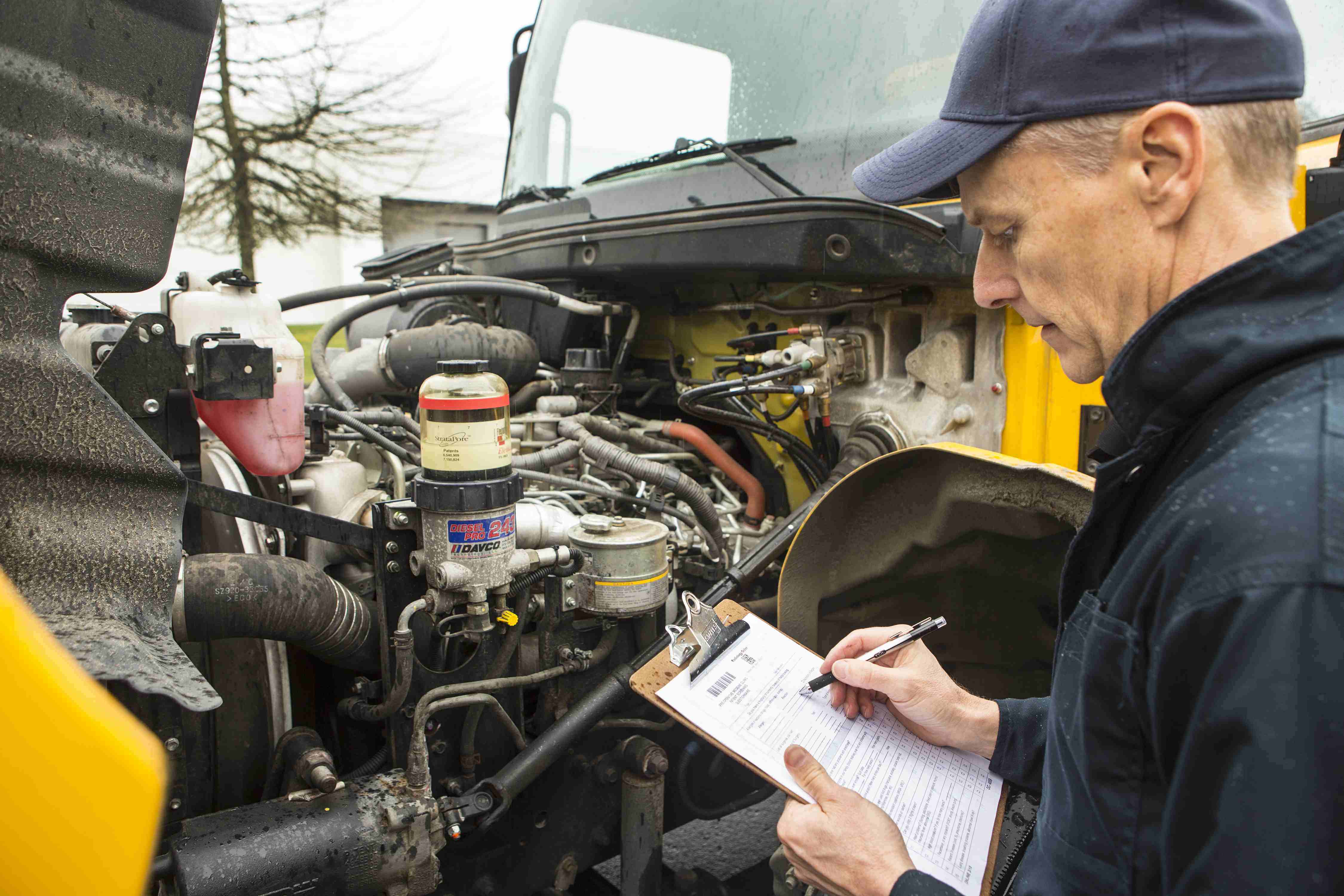

A properly executed vehicle inspection can help you learn about:
By the end of this course delegates will be able to:
Fleet Managers, Fleet Supervisors, Vehicle Inspectors, Fleet Operators, Fleet Inspectors, Mechanics, Chief Mechanics, Foremen, Supervisors, Services department in general and transport workers, anyone want to develop his skills in this field
BTS attendance certificate will be issued to all attendees completing minimum of 80% of the total course duration.
| Code | Date | Venue | Fees | Register |
|---|---|---|---|---|
| MI180-01 | 08-06-2026 | Istanbul | USD 5950 | |
| MI180-02 | 16-08-2026 | Amman | USD 5450 | |
| MI180-03 | 11-10-2026 | Riyadh | USD 5450 | |
| MI180-04 | 13-12-2026 | Dubai | USD 5450 |

The course covers all topics relating to both AC motors and their drives. AC motors represent industry's workhorse in all applications. It is no exaggeration to suggest that more than half of the ener ...

This course gives you a thorough understanding of electrical motor’s protection, control and maintenance and gives you the tools to maintain and troubleshoot electrical motors. You will gain a funda ...

This course will provide a comprehensive understanding of equipment operating characteristics. It will introduce delegates to essential types of mechanical equipment, including positive displacement a ...
Providing services with a high quality that are satisfying the requirements
Appling the specifications and legalizations to ensure the quality of service.
Best utilization of resources for continually improving the business activities.
BTS keen to selects highly technical instructors based on professional field experience
Since BTS was established, it considered a training partner for world class oil & gas institution
1st floor, Incubator Buildingو Masdar City, Abu Dhabi, UAE
Sun to Fri 09:00 AM to 06:00 PM
Contact Us anytime!
Request Info